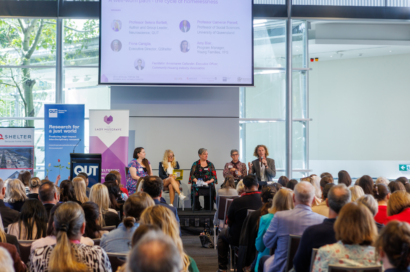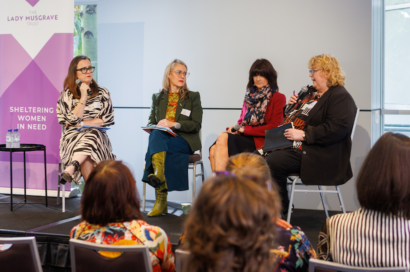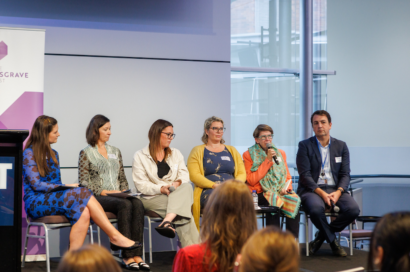
Secondary Dwellings
May 29, 2020
Auxiliary units and secondary dwellings are self-contained small homes located on the same piece of land as the existing detached home.
In Queensland, secondary dwellings have various names including auxiliary units, granny flats, relatives' accommodation or occasionally duel living. Other states in Australia take a more flexible view of secondary dwellings. Whether you can do this type of development varies depending on the local council area you live in. The conditions required by the council will have a big impact on the cost of adding a secondary dwelling. These conditions not only impact on the building itself but may also impact on who can live in the dwelling. Most commonly, the occupancy is limited to someone from the same family as the main dwelling.
There are a number of ways that families enter these arrangements.
- An occupant of the secondary dwelling might fund the building of this home in the grounds of the home of an adult child.
- An adult child may build the secondary dwelling for their parent/s on the property the parents own. Parents move in and an adult child and family move into the main house.
- Parent/s may sell their home and use the funds to purchase a home with their adult child/ren that is either configured for a secondary dwelling or suitable to build a secondary dwelling.
Conditions on these dwellings vary significantly from state to state and council to council areas.
Advantages
- Shared care for the older person and young children in a family
- Close but independent living arrangements
- Helping an adult child into home ownership
- Staying within a familiar environment
- Building a new smaller, more accessible, easier to manage home
- Housing costs like rates, water, electricity and insurance can be shared and be cheaper for each household
Disadvantages
- Vulnerability of this living arrangement to a wide variety of household changes eg. divorce, business failure job relocation etc. The more people living in the total property, the more circumstances can change
- Poor legal structures underlying the equity apportionment in these properties especially preserving the equity of the older person. Often families reply on verbal agreements
- Creating compliant secondary dwellings can be expensive and this may not be reflected in the overall value of the property. The market for duel occupancy can be limited and hence difficult and slower to sell
- In some areas you can run into trouble if you rent out the unit to someone who is not considered a family member
Key questions
All the people involved in this arrangement need to spend as much time thinking about initial and ongoing financial issues and 'what ifs' as they do about the design and features of the homes. Ideally, all the adults involved need to sit down and:- Describe the arrangement you are thinking about.
- Write down or draw a picture of how this will be financed both initially (who puts up the initial capital?) and over time (rates, maintenance and other costs)
- Who will own the property?
- Consider the hypotheticals: "What happens if...?"
- Get independent legal and financial advice.
- Regularly review how you are going.
- Consider what you would do if you were not able to continue living here.
Services
State Planning Departments Regulations around where you can have a secondary dwelling and who can live in it vary significantly from State to State and Local Government to Local Government. Check you know which local government you are thinking about and also check whether there are any state wide planning policies that may also apply to your area.Local Councils Local Governments determine what and where you can built a secondary dwelling and sometimes have rules around who can live in these dwellings.
Builders and project managers There are many private real estate sites and builders offering information in relation to secondary dwellings and these can be useful in understanding this area. Remember that in addition to the cost of building a secondary dwelling, you will also have site costs, fees, connection of water, gas and electricity, legal advice and other things.
These are a few examples: Buyers Agent Guide Superior Granny Flats
Legal advice If the opportunity arises to develop a secondary dwelling, it is easy to just focus on the design and location of the new home. But the first questions to ask are legal ones, such as: "Who will own what? Who will pay what?" and most importantly "What will we do if ...?" Caxton is a free face to face, online, phone and information service for legal issues for seniors.




